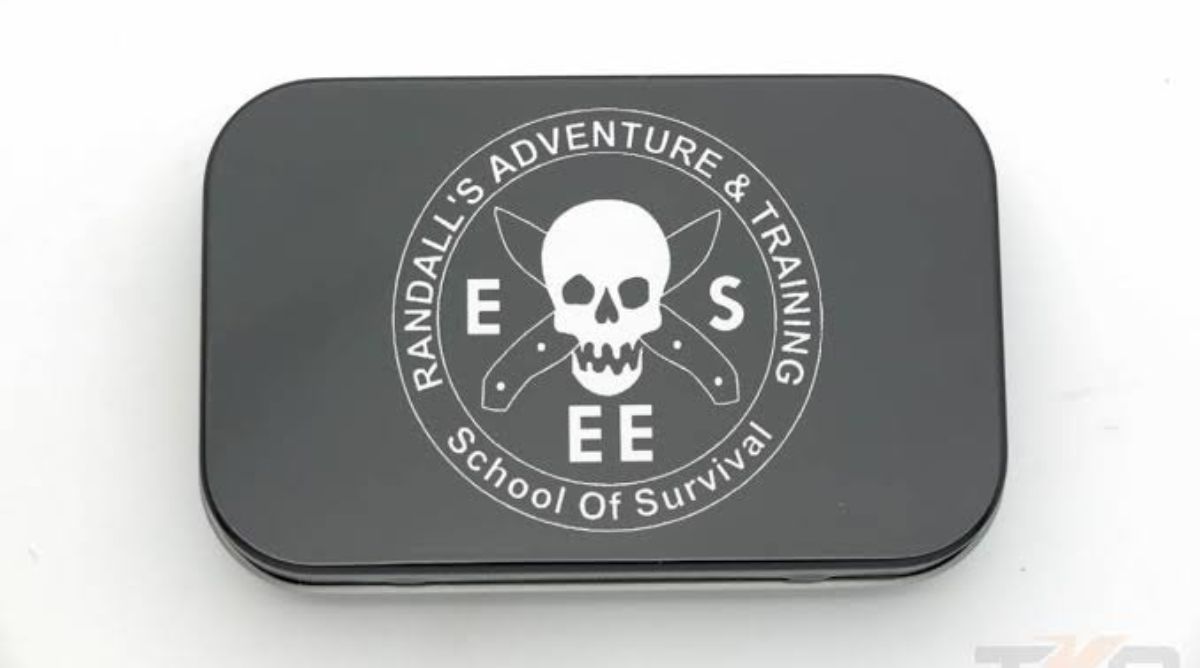In the world of online storytelling, categorization plays an essential role in helping readers find the type of content they want to explore. This is especially true in adult-themed platforms, where tags serve as guides to navigate through thousands of stories. One such platform is Literotica, a well-known online community dedicated to user-submitted erotic fiction. Within this platform, Literatica tags act as navigational tools, allowing readers to filter stories by genre, theme, or specific interests. This article explores the importance of tags, how they work, their cultural significance, and their connection to modern digital literature.
What Are Literatica Tags?
Before diving deeper, it is helpful to understand the concept of tagging. According to Wikipedia, a tag is a form of metadata—information attached to content that makes it easier to search and categorize. On websites, tags often describe themes, genres, or characteristics of a post.
Literatica tags function the same way. They are keywords attached to stories that indicate the main theme, fetish, or subject matter. For instance, if a story revolves around romance, domination, or science fiction, tags help readers identify it immediately without having to read the entire piece first.
Why Tags Are Important in Digital Storytelling
Tags are not just technical tools; they play a cultural and psychological role in how people consume content.
- Discovery: Readers can find stories that match their preferences without scrolling endlessly.
- Organization: Authors can categorize their works to reach their intended audience.
- Community Building: Tags bring together readers with shared interests.
- Transparency: They signal what kind of themes a story involves, preventing confusion or unwanted surprises.
The Role of Tags on Literotica
On Literotica, tags are essential for enhancing user experience. The platform hosts millions of stories submitted by authors from around the world. Without tags, finding a specific theme would be nearly impossible.
For example:
- A story tagged under “Romance” may focus on emotional connections.
- A story tagged “Sci-Fi” introduces futuristic or fantastical elements.
- Tags like “BDSM” or “Roleplay” help readers interested in those genres navigate directly to them.
These Literatica tags not only streamline navigation but also influence which stories become popular, as readers are more likely to click on stories with tags that match their interests.
How Literatica Tags Work
Tags on Literotica are applied in a way that makes browsing seamless. Here’s how they typically function:
- User Submission: When authors submit their stories, they can choose from existing tags or suggest new ones.
- Categorization: Tags classify stories into specific niches within the vast library.
- Search Optimization: Readers can type in tags directly to find stories within their preferred category.
- Community Input: Over time, popular tags evolve based on user preferences and community voting.
Types of Popular Literatica Tags
While the exact tags vary depending on trends, some remain consistently popular across the platform.
- Romantic Tags – Love, relationships, emotional bonds.
- Fantasy Tags – Supernatural elements, mythical creatures, alternate realities.
- Roleplay & Fetish Tags – Specific scenarios like teacher-student, cosplay, or workplace dynamics.
- Adventure Tags – Action-driven narratives in unique settings.
- Experimental Tags – Blending multiple genres for innovative storytelling.
These categories demonstrate how diverse Literatica tags are, offering something for every reader.
Cultural Significance of Literatica Tags
Tags are not just organizational tools; they also reflect cultural trends and evolving human interests. For example:
- When vampire fiction was popular in mainstream culture, tags related to vampires and supernatural beings spiked on Literotica.
- Social changes often influence new tags, such as stories focusing on empowerment or breaking traditional norms.
- Communities form around certain tags, turning them into microcultures within the larger platform.
Benefits for Authors Using Literatica Tags
Writers benefit from tags as much as readers. By applying accurate tags, authors can:
- Reach the right audience quickly.
- Increase visibility in search results.
- Build a loyal reader base interested in specific genres.
- Experiment with cross-tagging, blending multiple themes to stand out.
Challenges of Tagging on Literotica
While tags are incredibly useful, they also come with challenges:
- Over-tagging: Some authors may add too many tags, making it confusing.
- Misleading Tags: A story might be incorrectly tagged, frustrating readers.
- Evolving Language: New terms and genres appear frequently, requiring constant updates.
- Cultural Sensitivity: Some tags may be controversial or require moderation.
Literatica Tags and the Future of Digital Literature
As digital literature continues to evolve, tags will become even more important. With advancements in AI and metadata analysis, future tagging systems might automatically classify stories based on content analysis rather than relying solely on authors.
For platforms like Literotica, this could mean:
- Smarter recommendations based on user reading history.
- Personalized reading lists curated through advanced tag systems.
- Broader inclusion of global genres and languages.
Conclusion
Literatica tags are more than simple keywords—they are gateways that help readers explore the vast and diverse universe of online erotic fiction. They simplify discovery, build communities, empower writers, and reflect cultural trends. By connecting metadata with storytelling, tags transform the reading experience into something more personalized and engaging.
Just like the broader idea of tags in metadata, Literatica tags show how important classification and organization are in the digital age. As online literature platforms continue to grow, tags will remain at the center of how stories are shared, discovered, and enjoyed.










